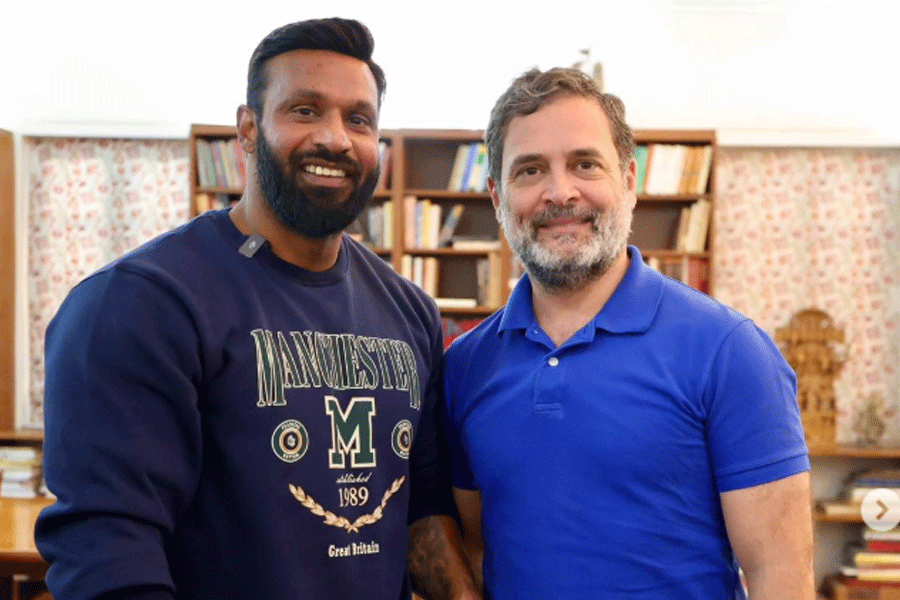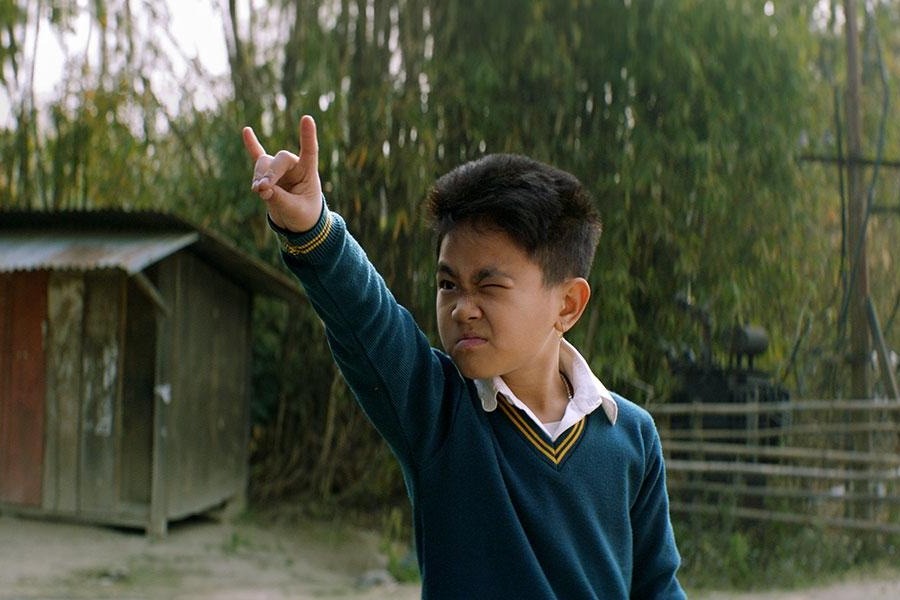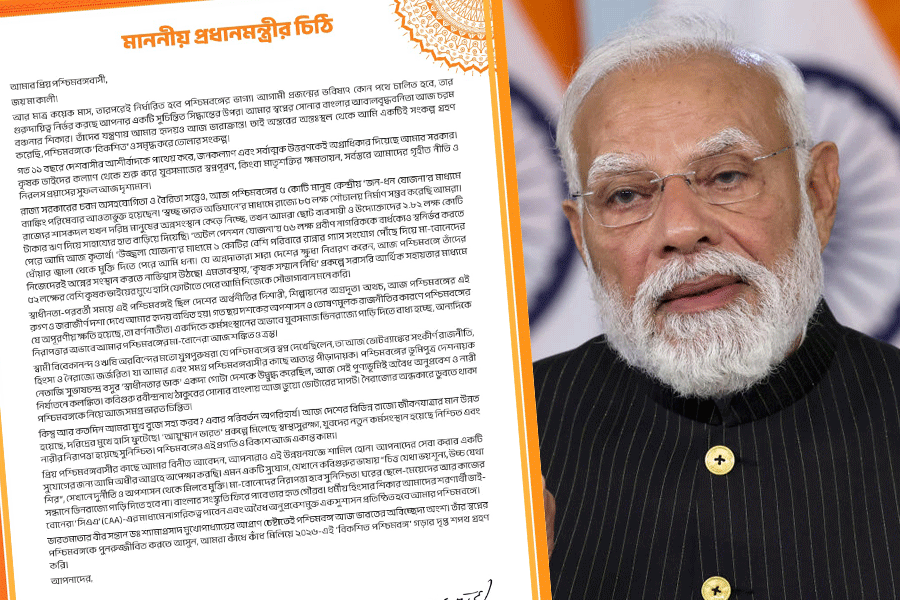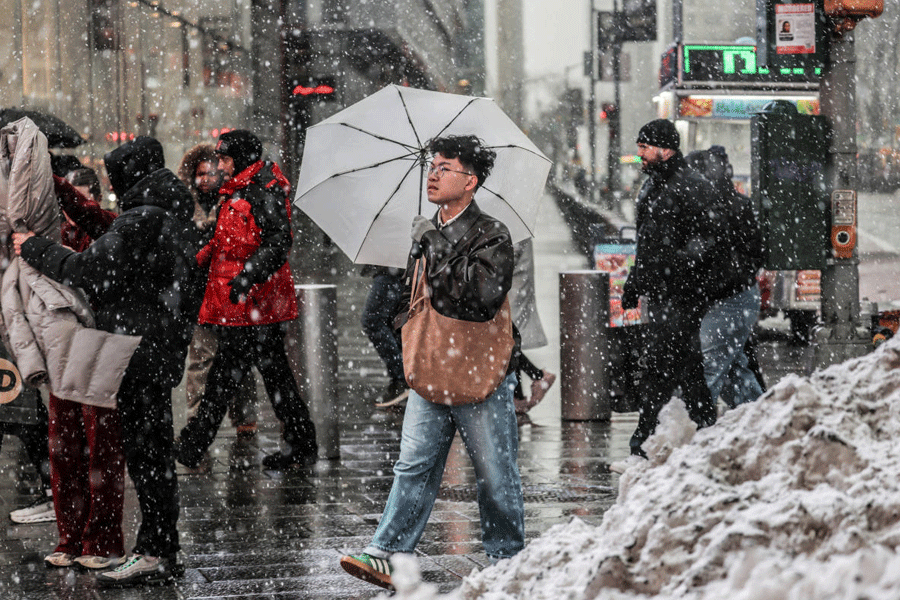The horror of the Mumbai train blasts in July 2006 remains unforgotten. Seven high explosive devices destroyed the first-class compartments of seven suburban trains during rush hour, causing over 180 deaths and injuring more than 800 people. In one of the worst acts of terrorism investigated by the Maharashtra Anti-Terrorism Squad, 12 people were convicted and five of them sent to death row by a trial court. Nineteen years after this, the Bombay High Court has freed all the accused, finding the investigation against them worthless. The police were even unable to say what kind of bomb was used. According to the high court, the chain of custody of the fragments recovered was faulty and insecure. Most important, the conviction had reportedly turned on the confessions of the accused. The high court found evidence and gathered from the statements of the defence that torture had likely been used to extort the confessions. The court said that the confessions were not truthful or complete. Besides, all the other evidence gathered, including books and so on, did not establish that the accused belonged to any banned group. On top of that, the high court also spoke to all the witnesses whom it found untrustworthy.
These findings are indeed shocking. It is not the first time that the police have failed to establish the prosecution’s case, but the scale of the train terror strike in Mumbai should have compelled them to be especially careful in identifying the perpetrators and proving their guilt beyond reasonable doubt. The Bombay High Court’s decision means that the real perpetrators are still walking free. The inefficiency of the police is frightening for the people because their safety and security depend on them. The high court condemned the police for trying to present a misleading and false resolution. The families of the dead will find they have had no closure; apparently innocent men will have spent years behind bars and some on death row. Do the police not know their responsibility and do they not feel accountable to the people and to law? How could they be callous, hasty and casual even in the worst of terrorist crimes? The Supreme Court is set to hear the government of Maharashtra’s petition challenging the acquittals today. Whatever be the outcome there, the Bombay High Court ruling has exposed the abysmal standards of police investigation in India.











